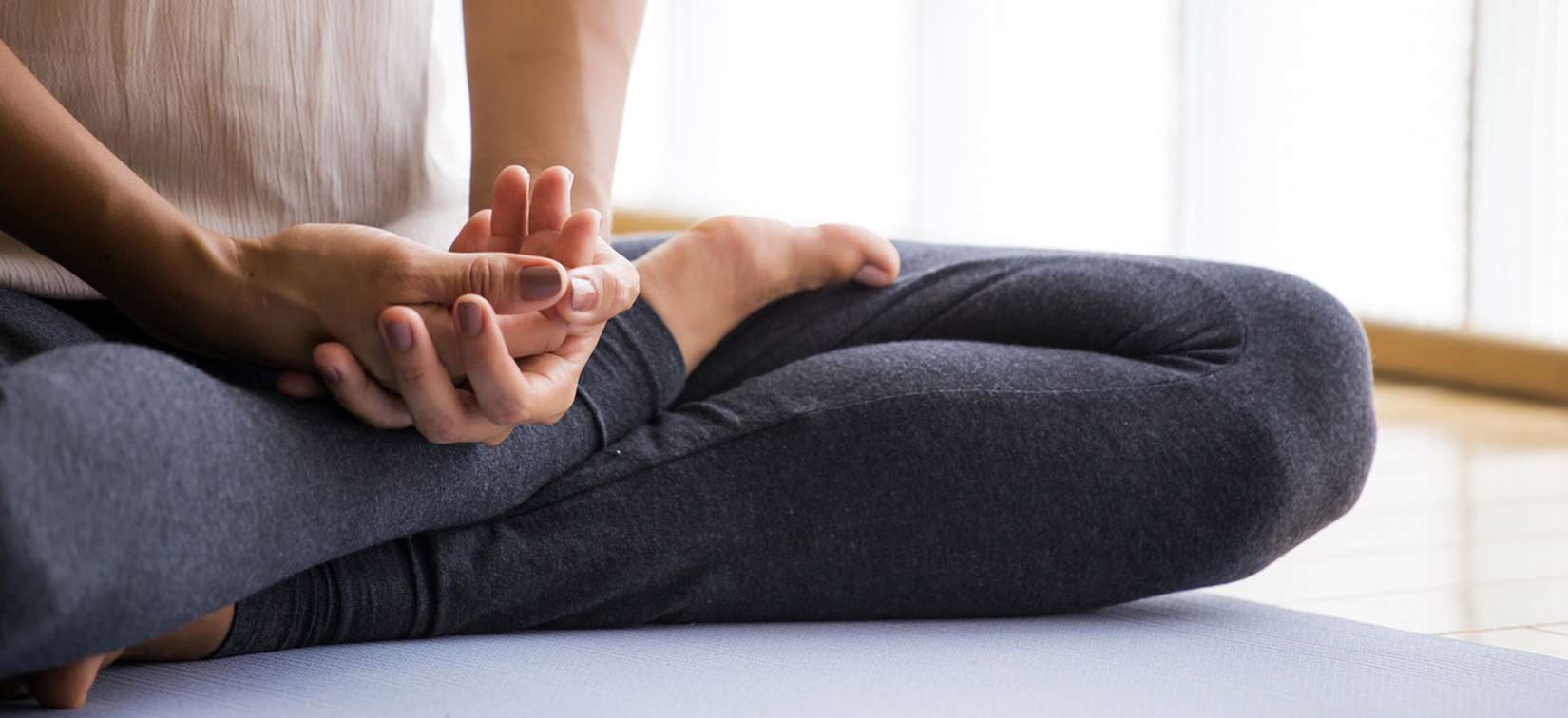
Welcome to OMWellness
We offer the highest quality mindfulness workshop and classes in an inclusive and welcoming space.Working Hours
Monday - Friday
9:00AM - 5:00PM
Saturday - Sunday
CLOSED




